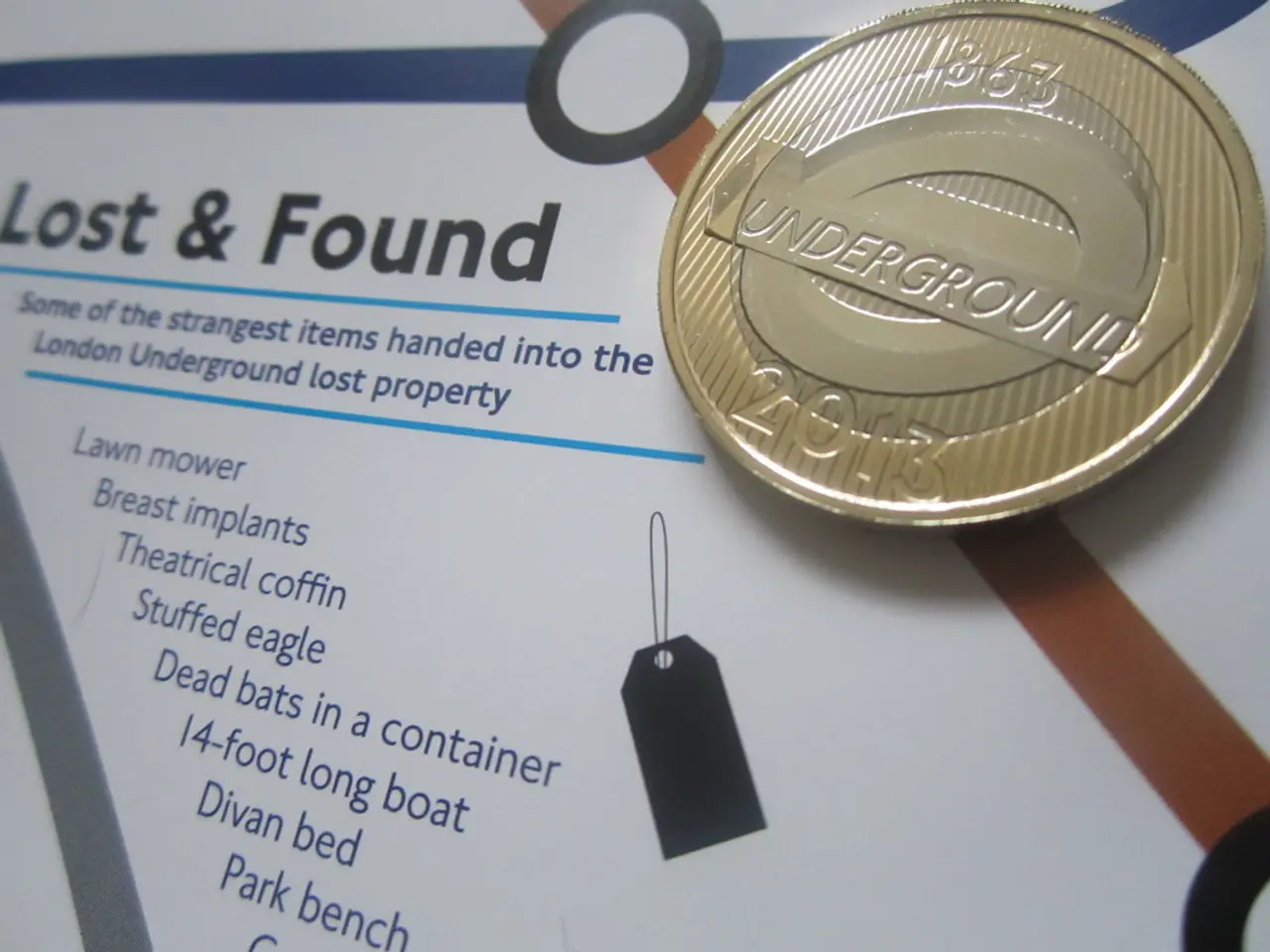Mandatory digital invoicing policy set for implementation in Germany starting 2025
In the rapidly evolving world of digital business, compliance with electronic invoicing regulations is becoming increasingly important, especially in Germany. Intesa, a leading provider of digital solutions, is stepping up to the challenge, offering a comprehensive suite of services to help businesses navigate these changes.
Active and Passive Cycles for Electronic Invoicing in Germany
Intesa's solution for electronic invoicing in Germany follows two cycles: the Active Cycle and the Passive Cycle. The Active Cycle, currently in operation, involves the creation of an invoice in a format agreed with Intesa, its conversion into the format required by German law, and transmission via the PEPPOL communication channel to the indicated recipient. The final invoice is then displayed on the Intesa portal.
From January 1, 2025, the Passive Cycle will come into effect. This cycle includes the creation of a communication channel, reception of the passive invoice, and the display of the original invoice and a readable PDF version on the Intesa portal.
Adaptability to Future e-Invoicing Requirements
Intesa's solution is designed with flexibility in mind. It is adaptable to future e-invoicing requirements in other European countries, ensuring compliance with local regulations. This forward-thinking approach will help businesses prepare for the inevitable introduction of similar obligations in other countries such as Belgium, Poland, France, and Spain.
PEPPOL: A Standardised Network for Electronic Document Exchange
At the heart of Intesa's solution is PEPPOL, a pan-European network that standardises and facilitates electronic document exchange between public and private entities, both within Europe and internationally. This network aims to simplify and improve the efficiency of procurement and e-invoicing processes.
Compliant Document Archiving and More
Intesa offers a range of solutions beyond electronic invoicing. These include compliant document archiving for German documents, digital client onboarding, EDI - Electronic Data Interchange, an e-invoicing platform, cross-border e-invoicing, business electronic signature, electronic seal, document management software, and supply chain management.
Compliance with German Regulations
With Intesa's dedicated service, companies can easily comply with Germany's new regulations for electronic invoicing. This service, developed for Italian companies and large groups with German branches that have a German VAT ID, enables foreign branches to adapt to sending and receiving electronic invoices in compliance with local regulations.
In adherence with the German Federal Ministry of Finance and the European e-invoicing standard EN 16931, all companies must be capable of receiving structured e-invoices compliant with the EN 16931 standard starting January 1, 2025. Issuance of e-invoices will become mandatory progressively: from January 1, 2027, large companies (with annual turnover over €800,000) must issue e-invoices in compliance with EN 16931, and by January 1, 2028, all companies must issue electronic invoices adhering to these standards for B2B transactions. The primary national e-invoicing formats in Germany are XRechnung and ZUGFeRD, both fully compliant with EN 16931. Paper and PDF invoices remain allowed only with explicit buyer consent during the transitional period.
By choosing Intesa, businesses can streamline their electronic invoicing processes, ensuring compliance with German regulations and preparing for future changes in the digital business landscape.
[1] German Federal Ministry of Finance
[2] European e-invoicing standard EN 16931
[5] German regulation compliance for electronic invoicing
- In the realm of future-oriented business practices, the adaptation of sporting activities to changing weather conditions could potentially mirror the approach of electronic invoicing systems, such as Intesa's, that are designed to conform with evolving regulations.
- As Germany transitions to mandatory electronic invoicing starting from 2027, staying updated on weather forecasts could prove analogous to remaining compliant with the new e-invoicing standards, much like how a sports team might need to adjust its strategy to weather changes in a game.








